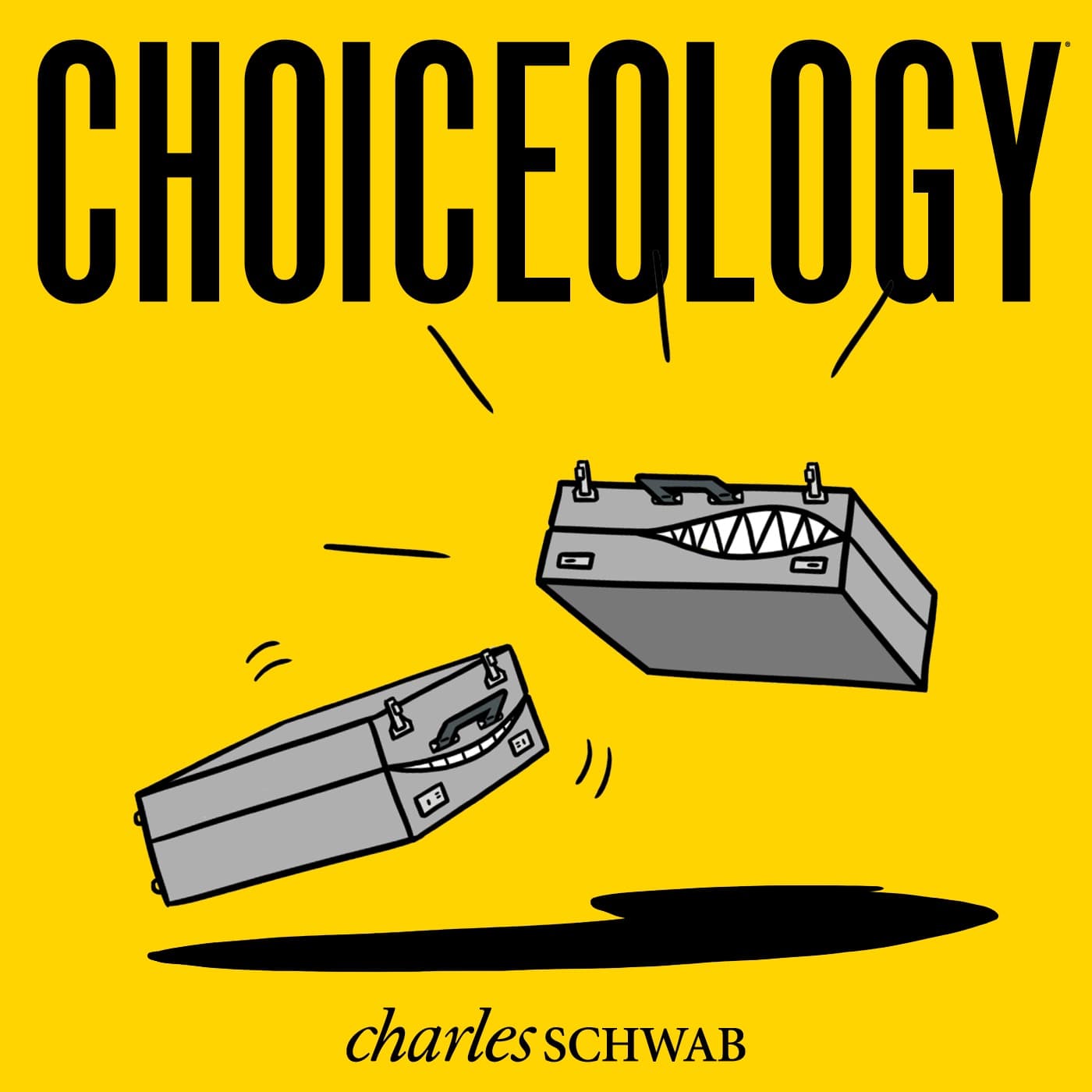Take the Deal! With Guests Daniel Kahneman, Colin Camerer & Luis Green (Rebroadcast)
In this episode of Choiceology with Katy Milkman, we look at how framing a decision based on what you stand to lose versus what you stand to gain affects your tolerance of risk.
- Luis Green was a contestant on the popular TV game show Deal or No Deal. The game is largely one of chance, but there are moments during play where the contestant has an option to accept a cash offer to quit. At one point in the game, Luis was offered $333,000 to simply walk away. A guaranteed win! It seems like an obvious choice. But as you'll hear from the story, there are other factors that influenced his decision.
- Katy illustrates these factors with a version of a famous experiment. Volunteers are presented with two differently worded but mathematically identical scenarios. A simple shift from framing the scenario as a potential gain to one of potential loss results in starkly different choices from the volunteers.
- Next, Katy speaks with special guest Daniel Kahneman about the underlying theory that explains human behavior in these types of situations. Daniel Kahneman served as professor of psychology and public affairs emeritus at the Woodrow Wilson School and the Eugene Higgins Professor of Psychology Emeritus at Princeton University. He was awarded the 2002 Nobel Prize in Economics for his pioneering research with Amos Tversky. Their work helped establish the field of behavioral economics. Kahneman also wrote the bestselling book Thinking, Fast and Slow.
- Finally, Katy speaks with Colin Camerer about some of his favorite studies on risk seeking in the domain of losses, as well as practical approaches for avoiding this less-than-ideal behavior. Colin Camerer is the Robert Kirby Professor of Behavioral Finance and Economics at the California Institute of Technology, where he teaches cognitive psychology and economics. You can read his paper "Prospect Theory in the Wild: Evidence from the Field" here.
Choiceology is an original podcast from Charles Schwab.
If you enjoy the show, please leave a rating or review on Apple Podcasts.
Learn more about behavioral finance.
Explore more topics
The comments, views, and opinions expressed in the presentation are those of the speakers and do not necessarily represent the views of Charles Schwab.
Data contained herein from third party providers is obtained from what are considered reliable source. However, its accuracy, completeness or reliability cannot be guaranteed and Charles Schwab & Co. expressly disclaims any liability, including incidental or consequential damages, arising from errors or omissions in this publication.
All corporate names and market data shown above are for illustrative purposes only and are not a recommendation, offer to sell, or a solicitation of an offer to buy any security. Supporting documentation for any claims or statistical information is available upon request.
Investing involves risk including loss of principal.
The book How to Change: The Science of Getting from Where You Are to Where You Want to Be is not affiliated with, sponsored by, or endorsed by Charles Schwab & Co., Inc. (CS&Co.). Charles Schwab & Co., Inc. (CS&Co.) has not reviewed the book and makes no representations about its content.
Apple, the Apple logo, iPad, iPhone, and Apple Podcasts are trademarks of Apple Inc., registered in the U.S. and other countries. App Store is a service mark of Apple Inc.
Google Podcasts and the Google Podcasts logo are trademarks of Google LLC.
Spotify and the Spotify logo are registered trademarks of Spotify AB.



